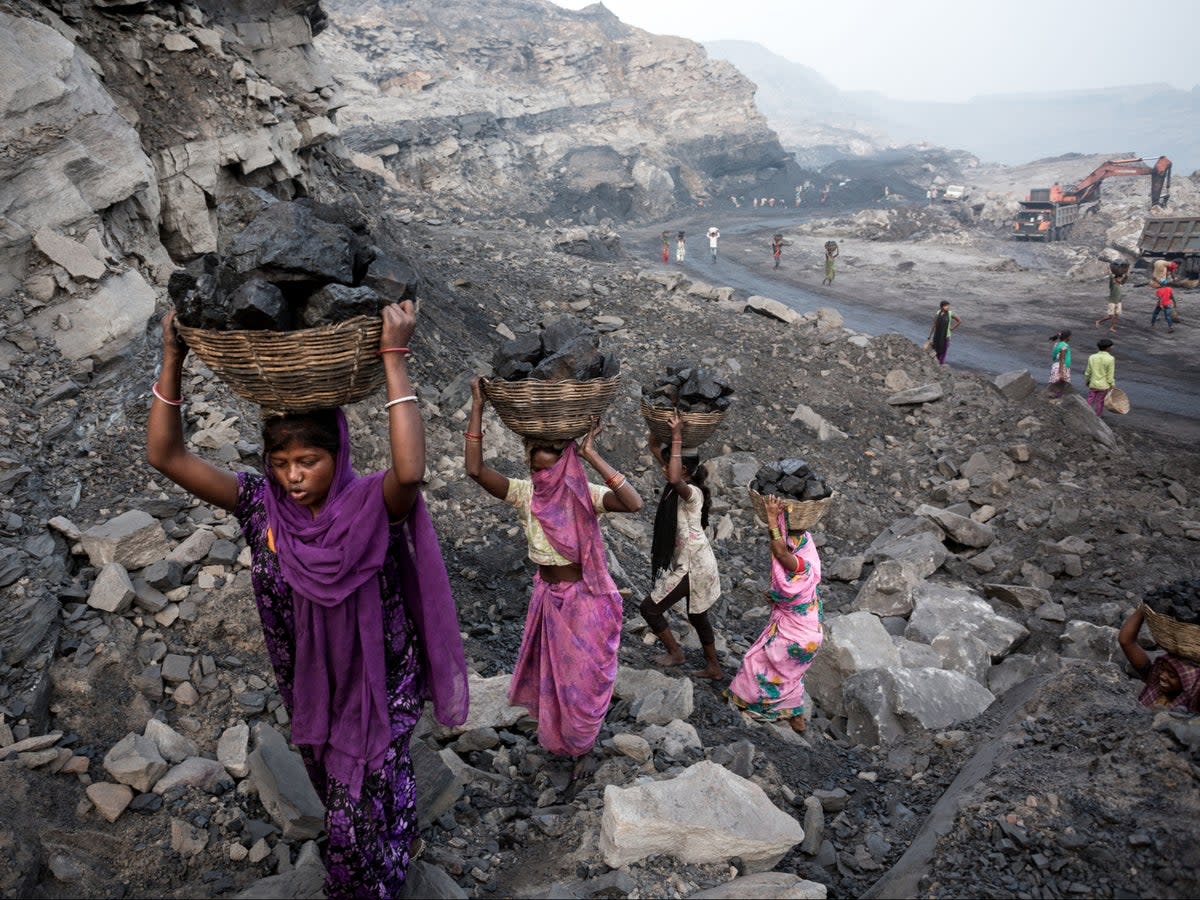Hundred jobs a day at risk as coal winds down with India and China worst affected, report warns

An average of 100 workers per day working in the coal industry face potential unemployment by 2035, a new report has warned.
By 2035, 414,200 jobs in the coal industry are at risk, said the report released by Global Energy Monitor on Tuesday.
By 2050, this figure will double, with almost one million coal mining jobs (990,200) set to vanish, affecting over 37 per cent of the existing workforce.
The San Francisco-based analyst based the report on data collected from 4,300 active and proposed coal mines and projects globally that are responsible for over 90 per cent of coal production worldwide.
It estimates potential job losses by analysing the reported “life of mine” for these operations, indicating how long coal companies intend to extract coal at each site.
“Coal mine closures are inevitable, but economic hardship and social strife for workers is not,” said Dorothy Mei, project manager for the Global Coal Mine Tracker.
“Viable transition planning is happening, like in Spain where the country regularly reviews the ongoing impacts of decarbonization. Governments should draw inspiration from its success in planning their own just energy transition strategies.”
The study said the worst impact of these job losses will be seen in India and China. China’s Shanxi province is poised to lose nearly a quarter of a million jobs, or 241,900 jobs, by 2050. More than 1.5 million coal miners produce the majority of China’s coal output.
In India, state-owned Coal India faces the largest potential job cuts, with 73,800 direct workers at risk by mid-century.
Coal, the most polluting of all fossil fuels, is still key for countries like India and China. The majority of their energy production comes from coal even though both nations have made strides in increasing their renewable energy share.
But with increasing carbon pollution and the worsening climate crisis, there are increased calls to retire fossil fuels and move to more sustainable energy sources.
The study noted that the impact of these job losses will be felt by all coal producing and consuming countries, even without the implementation of climate pledges or policies to phase out coal.
“We need to put workers first on the agenda if we want to make sure the just transition isn’t just talk,” said Ryan Driskell Tate, coal program director.
“With technologies and markets primed for an energy transition, we have to be proactive about the unique concerns of coal miners and their communities.”

